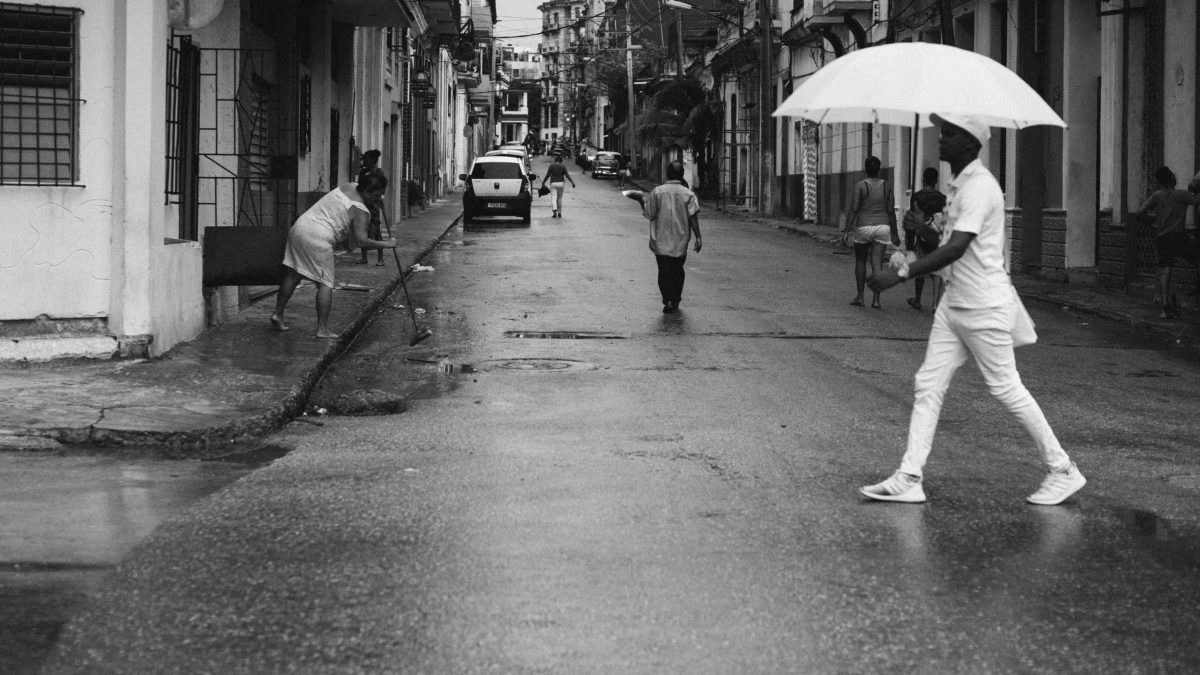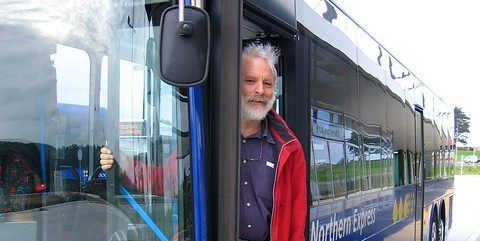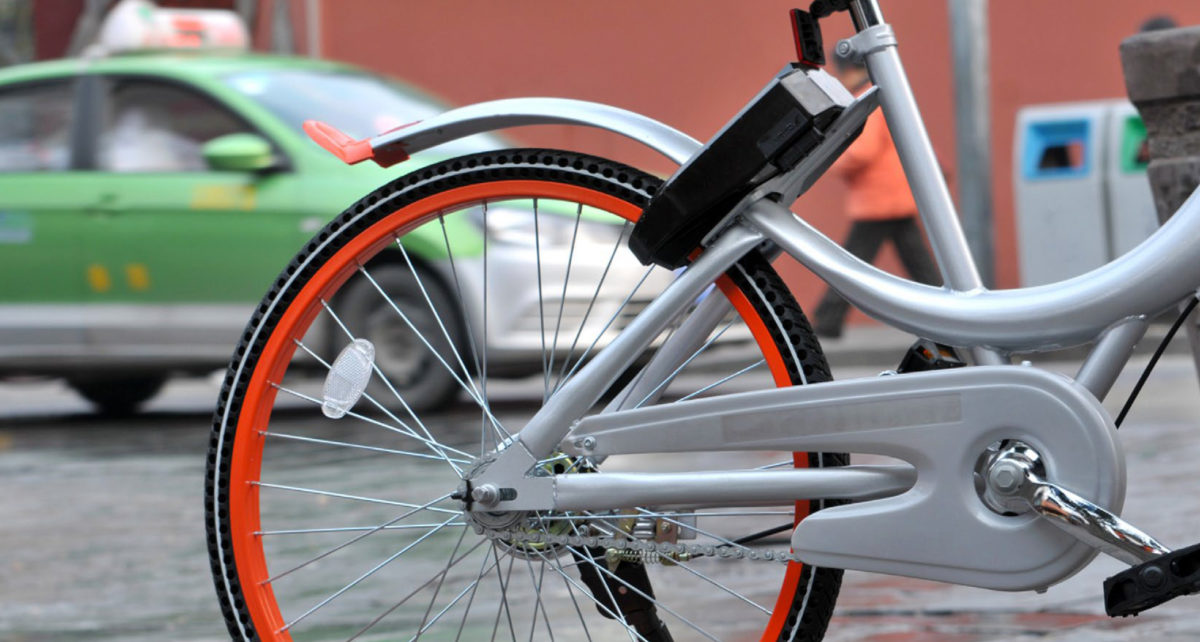Stakeholder workshop 17 January
A stakeholder workshop will be held in Dar es Salaam and online 17 January, to disseminate project findings from The VREF funded MAC research project Mapping unequal accessibility to socioeconomic and cultural opportunities in informal urban settlements across two sub-Sahara African Cities. See full program and info on how to register by clicking the link below:




